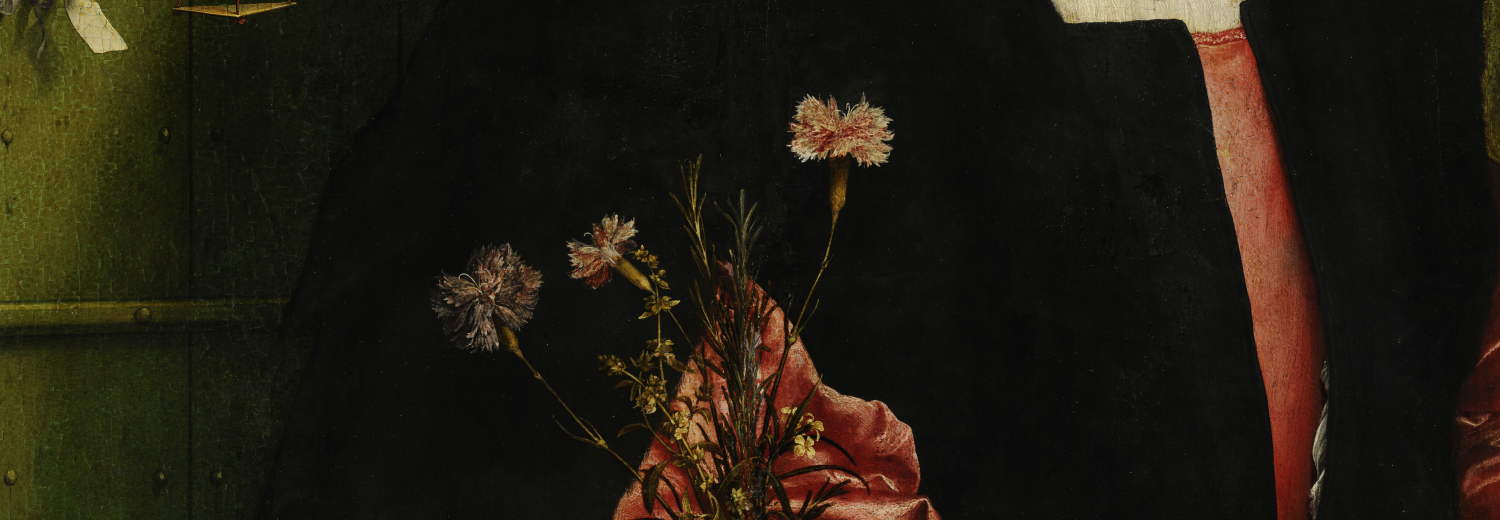History in conflict webinar: introducing the early modern edition
Justyna Wubs-MrozewiczDid people in premodern times understand what the past was, and were they able to engage with it or even use it to their advantage? In his influential essay Vergangene Zukunft (1968, in English as Futures Past, 1985), Reinhart Koselleck argued that the premodern (Western) understanding of the past was quite different from the modern one. The past was seen as part of a sequence of cycles in nature and lifetimes, as part of a theological framework which could not be captured by secular chronology, or as a reservoir of timeless tales which could be directly applied as lessons. Judith Pollmann (Memory in early modern Europe, 2017) has rightly pointed out that this essay was a contribution to the philosophy of history, and not an analysis of premodern social practices. She showed in her work that the engagement with the past was rich, widespread and that no sharp line can be drawn between the premodern and the modern in this respect. A complex sense of – and by extension, a sophisticated use of – the past is not only a modern phenomenon.
In our series of webinars, we use the magnifying glass of conflicts to reveal this complexity and sophistication in detail. The authors of the papers demonstrate that there was a premodern understanding of the past which could be very specific and pragmatic, for instance when pointing to the dates of business deals or riots. But there was also an understanding that the past could be perceived and narrated very differently (in accounts of quarrels), that it could be negotiated (in diplomatic settings) or obliterated (in archives, landscapes or social customs). In our discussions, the magnifying glass is applied to primary sources in order to discuss the role the past played in conflicts. The connecting question of the webinars is ‘What happened in a conflict situation when one put references to the past – history – memory – precedent on the table?’ The enumerated temporal concepts, obviously, are not identical. Some are more fitting to a judicial context (precedent), while others are more fitting to a context where the experience of the past is key (memory). What they do have in common in the context we examine here by way of experiment is a clear function in handling the conflict. [....]
